Much has been said lately about the environmental impact of intensive livestock farming and the meat industry. Controversies aside, what no one disputes is that organic livestock and production are infinitely more respectful of animals and the environment. We tell you the main differences between these two production models.
A much more rational and sustainable production model
The ecological livestock look for the conjunction of animal welfare, he environment and a natural mode of production Free of artificial chemicals or GMOs (genetically modified organism).
However in the intensive livestock farming livestock exploitation is industrialized, creating artificial livestock breeding conditions with the aim of exponentially increasing the production of meat and other animal products.
Soil and environment care
The ecological livestock must be linked to the soil, preserving the fertility of the land through optimal use of resources, reducing emissions as much as possible, ensuring biodiversity and the maintenance of ecosystems, using native breeds and seeking a balance between the livestock load and the farm's supply of food resources.
The feed the animals come from ecological agriculture, which avoids the use of chemical fertilizers, herbicides and pesticides, minimizing contamination of land and water.
For his part in the intensive livestock farming the enormous demand for food animals, created at a dizzying pace that is completely artificial, causes a large part of the agricultural area to be used to produce food for animals, ahead of people. Many of the foods produced for this purpose are also genetically modified cereals, such as soybeans.
Furthermore the massive use of synthetic fertilizers and the large amount of excrement produced by this livestock model is responsible for the soil and water pollution of land and the emission of a large amount of greenhouse gases.
Instead in the ecological agriculture all practices are focused on care of the environment and in the case of the slurry generated by the livestock, they are used as fertilizer for certified lands. In our case, these certified organic lands are also used to plant and grow the organic cereal that our piglets feed on.
Animal welfare
In organic livestock farming, animal welfare is a priority. Specifically, in the organic pig production regulations, the animals must have outdoor space and the animal density per hectare is limited. Animals cannot be caged and must be selected. breeds that best adapt to the environment.
They are feeding must come from organic products preferably produced on the same farm and the use of drugs should be avoided, favoring the development of their immune system. Breastfeeding should last a minimum of 40 days.
Furthermore, the use of substances intended to stimulate growth and control reproduction is prohibited, and practices such as tail cutting, trimming of teeth and beaks, or dehorning are greatly limited.
The transport of animals must be carried out respecting the animal welfare, so that stress is minimal.
Nothing to do with intensive livestock farming in which animals are raised at a high density, often indoors and caged, in a short period of time. Animals often never see sunlight and have a very limited space to move.
Son artificially fed, with enriched feed to stimulate maximum development in the shortest possible time.
This way of life of animals requires the use of antibiotics and other substances to prevent the spread of diseases that are sometimes also used to stimulate their growth.
Quality of the final product
The great difference between the production model of industrial livestock farming and organic livestock farming is obviously reflected in the final product.
The products obtained from organic livestock are more natural and healthy. They are completely guaranteed to be free of chemicals, hormones and antibiotics.
In our case it is a meat with much more flavor and more authentic than that produced by the intensive livestock farming method due to everything we have seen previously. The production process is much more natural, respecting times and not artificially accelerating the process in addition to ensuring the well-being of the animals.
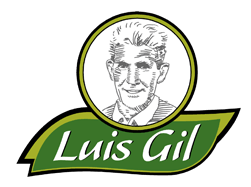
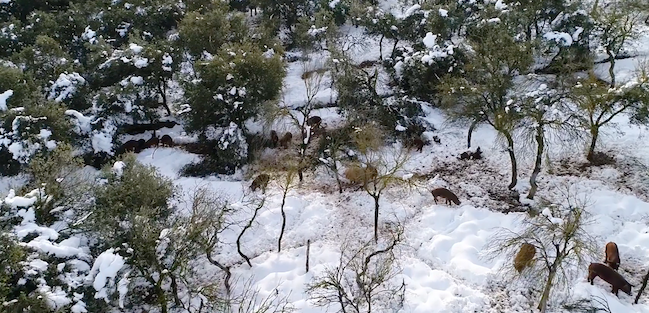
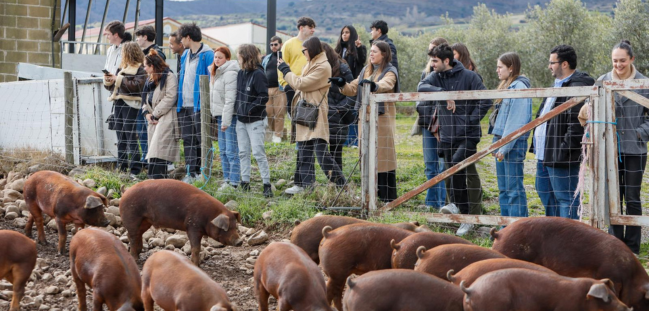
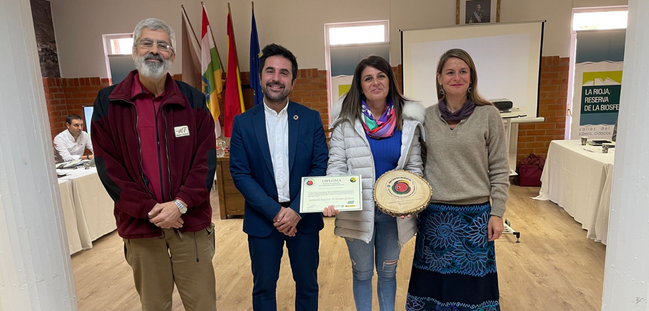
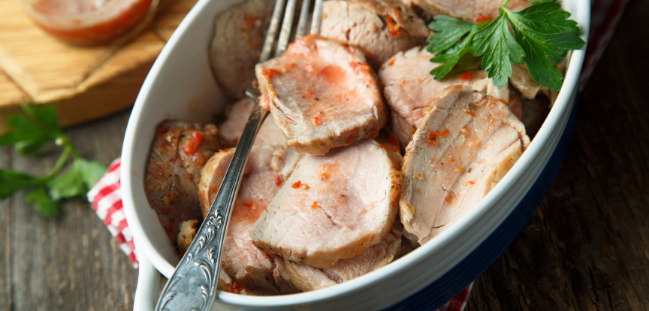
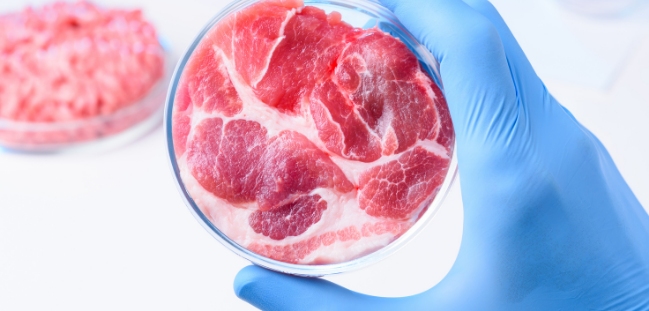

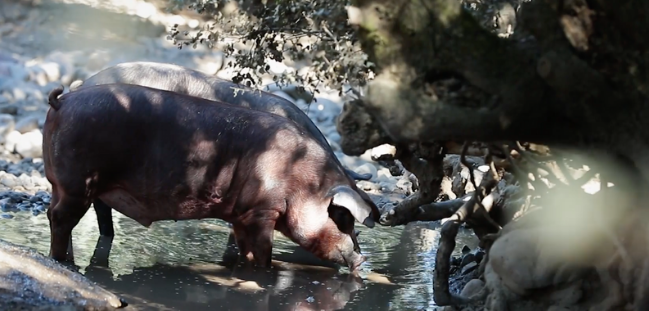


Very good post!
JPmxlNfoOkCLis